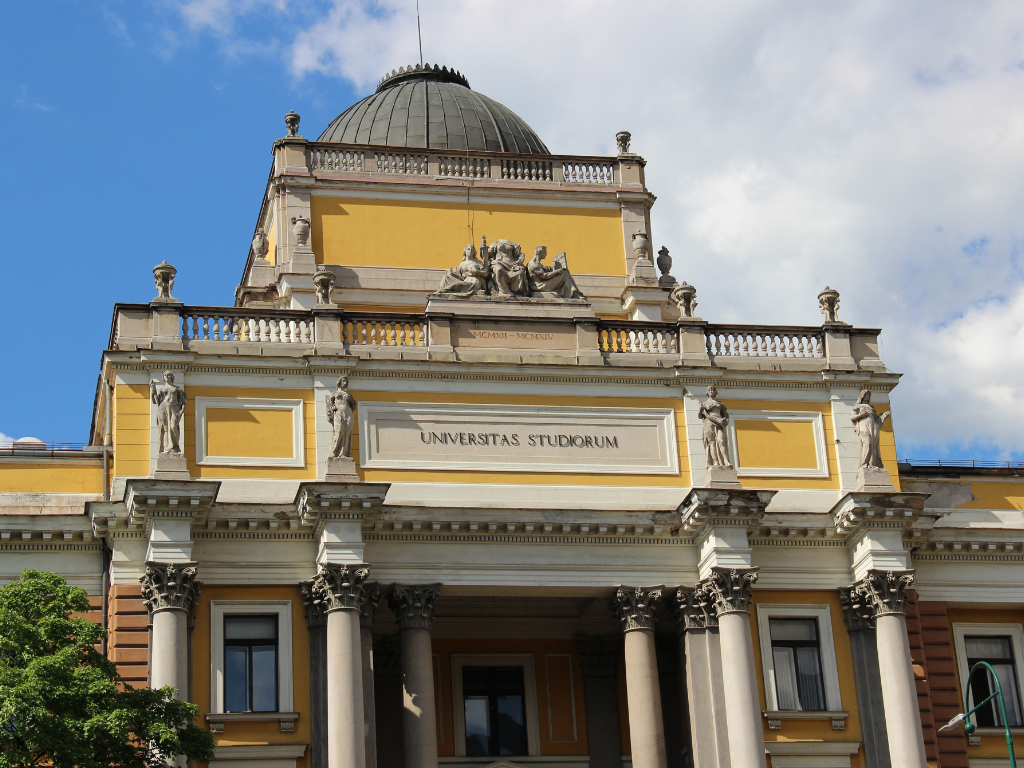If you are coming to Bosnia and Herzegovina for studies or training, here’s what you need to know:
1. Travel Documents
- Passport: Must be valid for the full duration of your stay.
- Visa: Some nationalities need a visa. Apply early (up to 2 months before arrival).
- No Visa: Citizens of many countries can stay up to 90 days without a visa. Please check the status of your citizenship with our country at the Embassy of Bosnia and Herzegovina or Foreig Affairs Office.
2. Visa Types
- C Visa: For stays under 90 days.
- D Visa: For stays longer than 90 days (common for semester programs).
- To apply, you’ll need an invitation letter from the University of Sarajevo (UNSA).
Check your status on the Ministry of Foreign Affairs website or with the nearest Bosnian embassy/consulate.
3. Stays Over 90 Days
If your stay is longer than 90 days, after arrival you must:
- White Card: Register your address with local authorities.
- Residence Permit: Apply for a temporary residence permit for the length of your program.
(Full instructions are in our Guidance for Regulating your Stay in Bosnia and Herzegovina — download and read carefully!)
4. Foreign Affairs Office
To regulate your stay, you will need to visit the Foreign Affairs Office:
- Address: A Transverzala-Michael Schumacher, Broj 8, Braće Mulić 38, Sarajevo 71000
- Landmark: Black glass building with Bosnia and Herzegovina flags
Getting there:
- By taxi: 20–25 KM from Baščaršija (Old Town). Always check the meter.
- By trolleybus: Line 103 from Trg Austrije → get off at the second-to-last station, then walk 800m back.
Tip: Buy tickets at kiosks or from the driver (2.20 KM) and validate them. Always bring all equired documents.
Location:

